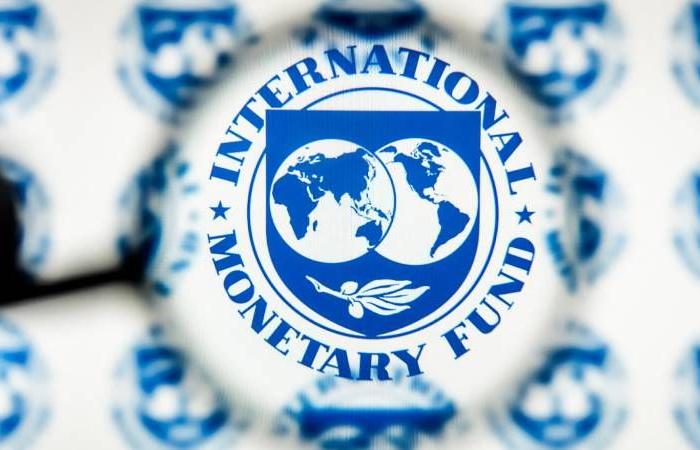These are the commitments that the government of El Salvador must fulfill, in exchange for the IMF board approving the millionaire loan
The staff of the International Monetary Fund (IMF) and the authorities of El Salvador reached an agreement at a technical level for a financial program for 40 months for $1.4 billion, which must be approved by the organization’s board of directors in February 2025, reported the entity on Wednesday.
The agreement is subject to the approval of the IMF Executive Board and conditional on the implementation of the following previously agreed actions:
Fiscal policy
“The program is based on the improvement of the primary balance of around 3.5% of GDP over 3 years, to place the proportion of public debt in relation to GDP on a firm downward path after reaching a maximum of 85% of GDP in 2024”.
“The strong fiscal measures, worth 1.5% of GDP in 2025, already included in the approved budget, will reduce the wage bill, spending on goods and services and transfers to municipalities.”
“Further reform efforts will focus on strengthening the efficiency of the civil service, the viability of the pension system and revenue mobilization to ensure fiscal sustainability and further reduction of borrowing costs.”
SEE: El Salvador reaches a technical agreement with the IMF, after more than three years of negotiations
“Improving public finances will be carried out in a way that strengthens support for the most vulnerable and protects priority public investment.”
This section would imply that the government applies more spending cuts and looks for alternatives to increase income, among other measures that help improve public finances. According to official data, public expenses far exceed the amount that enters the Ministry of Finance, through taxes such as VAT and income.
This adjustment in finances would mean that the government must achieve a reduction in the budget deficit (difference between expenses and income) by around $1.2 billion in three years, that is, about $400 million per year.
Governance and transparency
“Fiscal transparency will be substantially strengthened, starting with early efforts to improve the fiscal responsibility framework, as well as information that is published about public debt, pensionsstate companies, and public contracts with transparency about the final beneficiaries”.
“To boost the business climate and resilience, additional efforts will be made to reduce bureaucracy, modernize infrastructure and adapt to climate change, with the support of development partner institutions.”
“Fiscal and financial sector buffers will be improved, including through an early reinforcement of banks’ liquidity framework that also supports continued growth in credit to the private sector.”
“The liquidity reserves required of banks, which currently stand at the equivalent of 11.5% of deposits, will gradually reach 15% by the end of June 2026.”
“IMF financing will strengthen the central bank’s gross reserves, thus strengthening its ability to deal with crises. At the same time, reforms will be advanced to adapt banking regulations to Basel III standards on risk-based supervision” .
Digital assets
“In line with IMF policies, the potential risks of the Bitcoin project will decrease significantly. Legal reforms will make the acceptance of Bitcoin by the private sector voluntary.”
“For the public sector, participation in economic activities related to Bitcoin and Bitcoin transactions and purchases will be delimited.”
“Taxes can be paid only in dollars and the government’s participation in the crypto wallet (Chivo) will be gradually reduced.”
“To safeguard financial stability and integrity, and protect consumers and investors, transparency, regulation and supervision of the digital asset industry will be improved.”
This section would imply that Nayib Bukele’s government must send to the Legislative Assembly the respective reforms to the Bitcoin Law, which was approved in June 2021 and which since September of that year has given legal tender status to the cryptocurrency. high volatility. And it will probably involve changes to other digital asset laws that were approved after Bitcoin.






